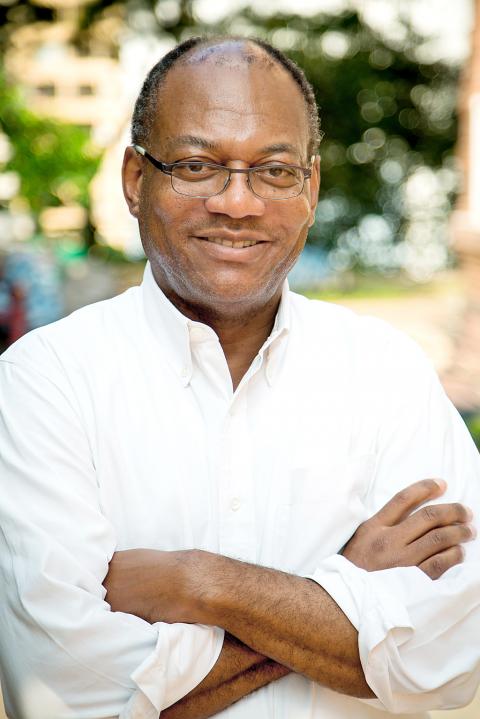Keith Richburg, director of the Journalism and Media Studies Center at the University of Hong Kong, and former Africa Bureau Chief for the Washington Post, will give a lecture, “Dragon Among the Lions: What Does China Really Want From Africa?” in Taipei on Sept. 9. The lecture will be moderated by Lung Yingtai (龍應台), writer and former Taiwan Minister of Culture. China has surpassed the US as Africa’s largest trading partner, investing some US$7 billion each year in infrastructure projects around the continent. Is China really looking for a long-term relationship of “equality and mutual respect,” or does it want to be merely a “friend with benefits,” like so many of the Western colonial powers that came before? How much do ordinary Africans really benefit from China’s economic largesse? Richburg will discuss his perspective on China-Africa relations, their economic partnership and the geopolitical implications of the country and continent drawing ever closer.
■ Taiwan Academy of Banking and Finance (台灣金融研訓院), 2F, 62 Roosevelt Rd Sec 3, Taipei City (台北市羅斯福路三段62號2樓)
■ Sunday from 2pm to 3:30pm; free admission, but those wanting to attend must pre-register at www.civictaipei.org/registration.php (English and Chinese). For more information, call Yuan Ti at (02) 3322-4907, Ext. 14. The lecture will be held in English.

Photo courtesy of Lung Yingtai Cultural Foundation

Towering high above Taiwan’s capital city at 508 meters, Taipei 101 dominates the skyline. The earthquake-proof skyscraper of steel and glass has captured the imagination of professional rock climber Alex Honnold for more than a decade. Tomorrow morning, he will climb it in his signature free solo style — without ropes or protective equipment. And Netflix will broadcast it — live. The event’s announcement has drawn both excitement and trepidation, as well as some concerns over the ethical implications of attempting such a high-risk endeavor on live broadcast. Many have questioned Honnold’s desire to continues his free-solo climbs now that he’s a

As Taiwan’s second most populous city, Taichung looms large in the electoral map. Taiwanese political commentators describe it — along with neighboring Changhua County — as Taiwan’s “swing states” (搖擺州), which is a curious direct borrowing from American election terminology. In the early post-Martial Law era, Taichung was referred to as a “desert of democracy” because while the Democratic Progressive Party (DPP) was winning elections in the north and south, Taichung remained staunchly loyal to the Chinese Nationalist Party (KMT). That changed over time, but in both Changhua and Taichung, the DPP still suffers from a “one-term curse,” with the

Lines between cop and criminal get murky in Joe Carnahan’s The Rip, a crime thriller set across one foggy Miami night, starring Matt Damon and Ben Affleck. Damon and Affleck, of course, are so closely associated with Boston — most recently they produced the 2024 heist movie The Instigators there — that a detour to South Florida puts them, a little awkwardly, in an entirely different movie landscape. This is Miami Vice territory or Elmore Leonard Land, not Southie or The Town. In The Rip, they play Miami narcotics officers who come upon a cartel stash house that Lt. Dane Dumars (Damon)

Today Taiwanese accept as legitimate government control of many aspects of land use. That legitimacy hides in plain sight the way the system of authoritarian land grabs that favored big firms in the developmentalist era has given way to a government land grab system that favors big developers in the modern democratic era. Articles 142 and 143 of the Republic of China (ROC) Constitution form the basis of that control. They incorporate the thinking of Sun Yat-sen (孫逸仙) in considering the problems of land in China. Article 143 states: “All land within the territory of the Republic of China shall